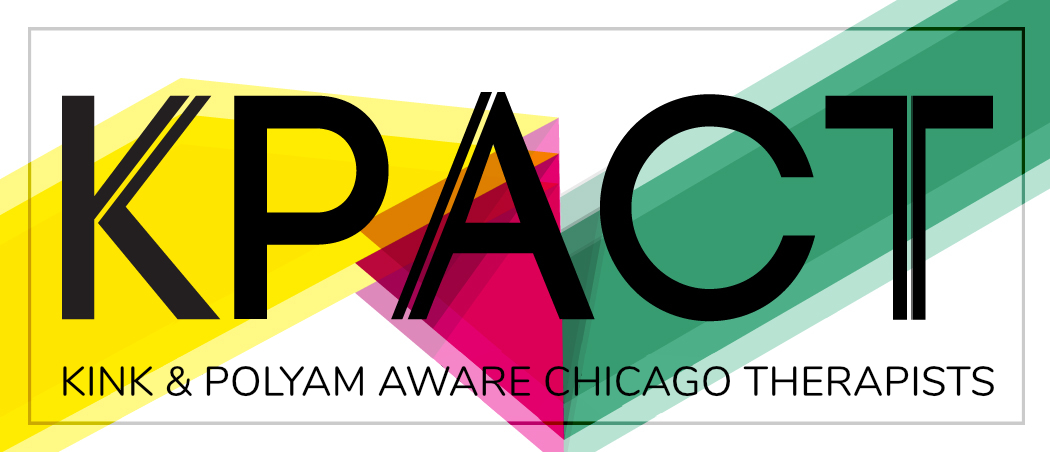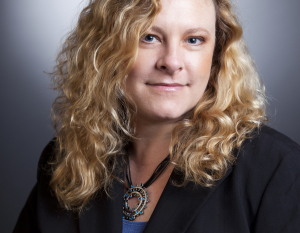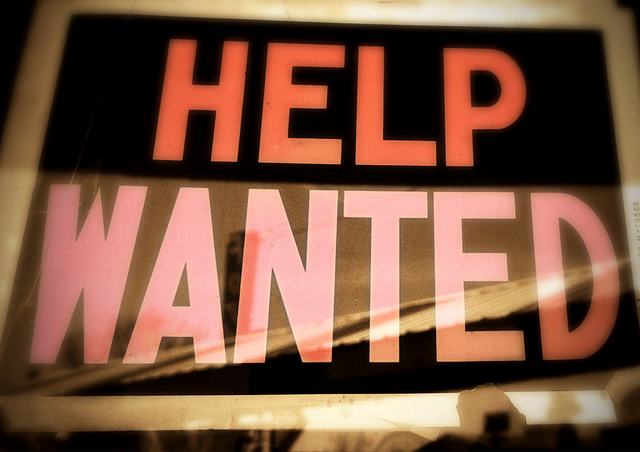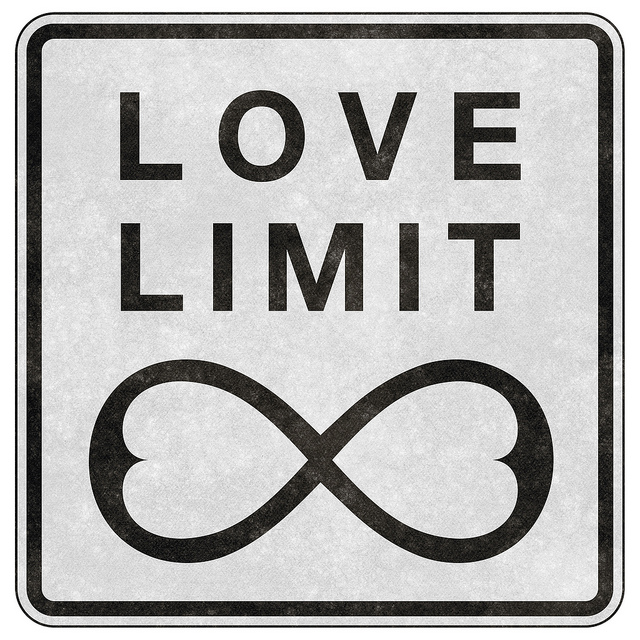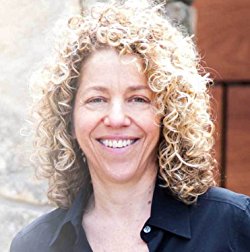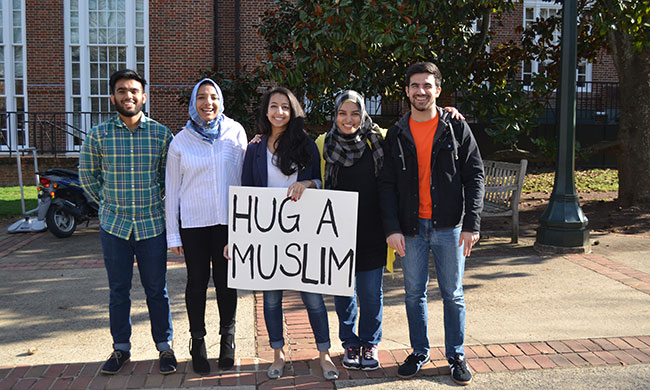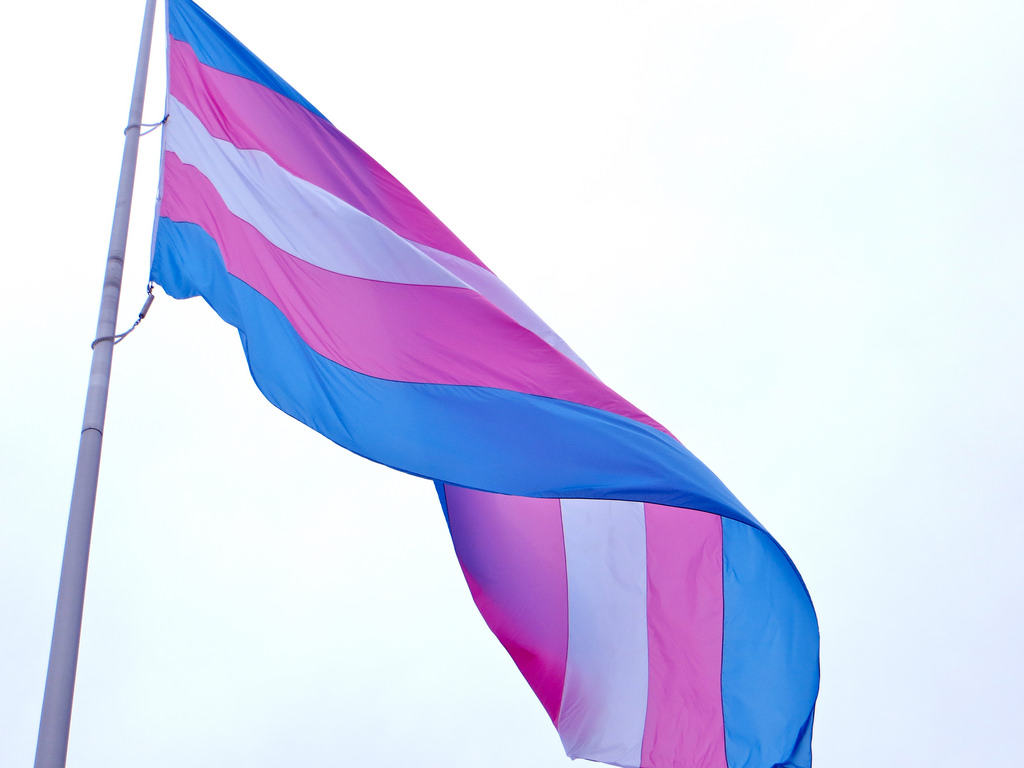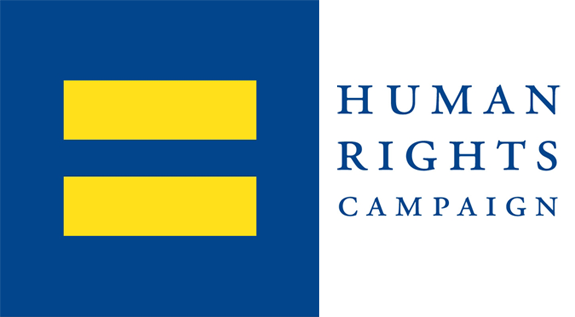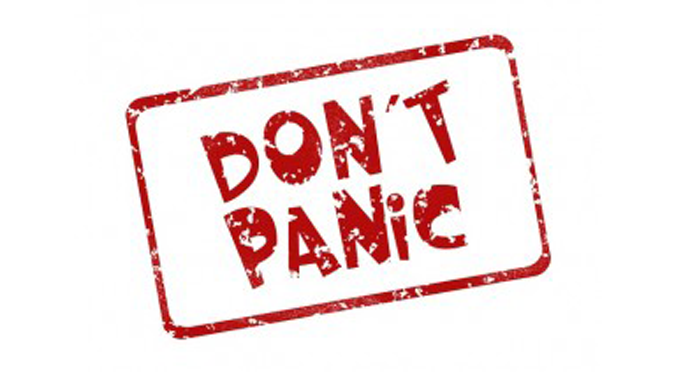Eli Sheff, PhD is a sociologist and researcher who has compiled the only longitudinal study on polyamorous relationships. For over 20 years, Dr. Sheff has followed, interviewed and published her findings about polyamorous families to gain and share perspective about what polyamory looks like, and how it affects people. On July 6th, Dr. Sheff joined […]
Tag: bias
Polyphobia: Anti-Polyamorous Prejudice and Discrimination
Posted onby Elisabeth A. Sheff Ph.D., CASA, CSE Eli Sheff is considered a leading expert when it comes to polyamory and stigma. Eli is the CEO and Director of Legal Services at the Sheff Consulting Group, a think-tank of experts specializing in diverse subcultures and under-served populations. The following is an article she wrote for Psychology Today about polyamphobia […]
How Therapists (Often Unintentionally) Stigmatize Polyamorous Clients
Posted onThis is the fourth in a series of articles about the intersections of polyamorous identities and psychotherapy, adapted from Rami Henrich and Cindy Trawinski’s article in Sexual and Relationship Therapy, “Social and therapeutic challenges facing polyamorous clients,” as well as supplemental materials that didn’t make it into the final research paper. In this installment, we […]
Marginalization and Disclosure: Social Challenges Facing Polyamorists
Posted onby Rami Henrich, LCSW and Cindy Trawinski, PsyD This is the third in a series of articles about the intersections of polyamorous identities and psychotherapy, adapted from Rami Henrich and Cindy Trawinski’s article in Sexual and Relationship Therapy, “Social and therapeutic challenges facing polyamorous clients,” as well as supplemental materials that didn’t make it into […]
Why Therapists May Misuse Their Power—and How to Avoid It (Video)
Posted onWhy do we sometimes misuse power even when we know better? That question is at the core of POWER: A USER’S GUIDE, the latest book by coach, facilitator, educator, and author Julie Diamond, Ph.D. In this video, Julie speaks with LifeWorks’ Cindy Trawinski about power dynamics in therapeutic relationships, as well as how therapists can […]
8 Ways to Take Action Against Islamophobia
Posted onby Cindy Trawinski, Psy.D. Prejudice, stereotyping, bias—however we understand these tendencies and attitudes, we can learn to identify, confront, wrestle with, accept, and change them within ourselves. Sometimes, however, doing so is possible only with great difficulty. Discrimination takes many forms, including harassment, bullying, hate speech, and scapegoating. Such behaviors put others at risk, cause […]
Becoming a Trans Ally
Posted onby Cindy Trawinski, Psy.D. My world and life, like many people’s, is a mix of privilege and struggle. As a cisgender woman, I have some privileges that trans women and men do not. For example, I can assume that others will use my preferred pronouns (she, her, and hers) when referencing me. As a person […]
Cultural Competence & Bias
Posted onby Cindy Trawinski, Psy.D. As therapists, we recognize our ethical obligations to know and acknowledge the limits of our training and skills. We know that our expertise grows over time with experience and supervision, reading, dialogue and further training. These activities contribute to our mastery of specialized areas, methods or skills. But what about cultural […]
Beyond Ethics: Power in the Helping Relationship
Posted onby Julie Diamond, Ph.D. When I was working as a therapist, I often asked myself about the future of psychotherapy. I even wrote an article about it in 2000, called Five Predictions on the Future of Psychotherapy. In it, I said that the paternalistic doctor-patient model will be replaced by a partnership model. I wasn’t […]
How To Be a LGBT Ally
Posted onby Cindy Trawinski, Psy.D. This post originally appeared on the Human Rights Campaign (HRC) blog on October 5, 2105, in advance of National Coming Out Day. It was written by Hayley Miller, Senior Digital Media Associate. We think it contains valuable information for anyone wanting to become more affirming and supportive to LGBT friends and […]
Everyone Has Bias
Posted onby Cindy Trawinski, Psy.D. No one is immune from bias, not even us therapists! Everyone has bias. Therapist bias takes many forms, especially with regards to clients’ sexuality, gender, erotic orientation, etc… Bias ranges from misinformed opinions about BDSM to confusing polyamory with infidelity to other subtle perceptions, beliefs and attitudes. Bias is a part […]
